Combining business with leisure: the rise of the “bleisure” trip
We’re now used to working from home – why not from the beach? Chris Carter reports

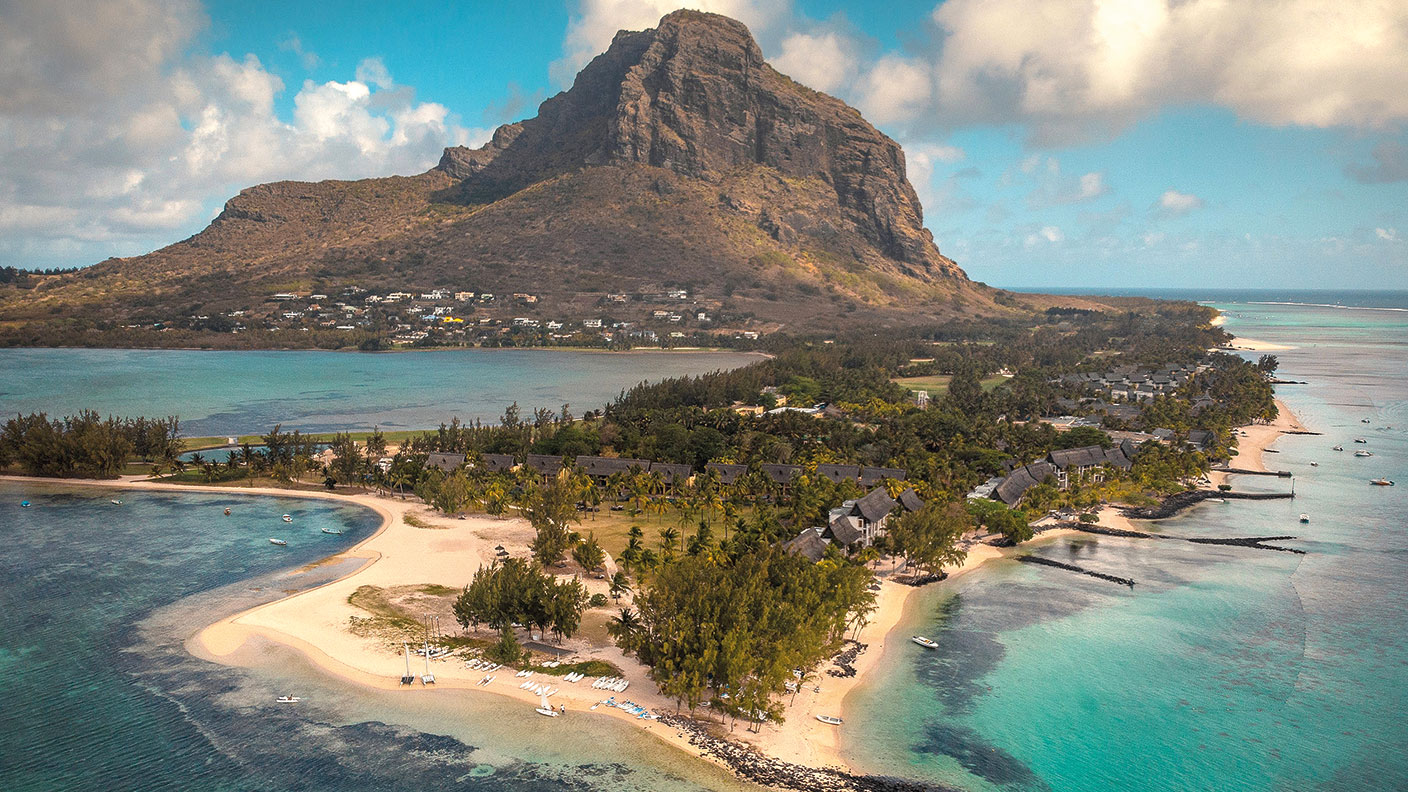
Get the latest financial news, insights and expert analysis from our award-winning MoneyWeek team, to help you understand what really matters when it comes to your finances.
You are now subscribed
Your newsletter sign-up was successful
Want to add more newsletters?

Twice daily
MoneyWeek
Get the latest financial news, insights and expert analysis from our award-winning MoneyWeek team, to help you understand what really matters when it comes to your finances.

Four times a week
Look After My Bills
Sign up to our free money-saving newsletter, filled with the latest news and expert advice to help you find the best tips and deals for managing your bills. Start saving today!
How business travel will look in the post-pandemic world is one of the great unanswered questions, says Conor Sen on Bloomberg. At the same time, many people are looking forward – or at least planning to book – their first big post-lockdown holiday. That’s where the concept of “bleisure” comes in. “Our growing comfort with remote and flexible work arrangements may open up an even bigger category of travel that combines both business and leisure.”
Particularly in the summer months, when the schools are out and work is slow, it may become normal to work “outside the office for two or three weeks from a scenic destination on the water or in the mountains”. In our “always on” culture, when you’re expected to respond promptly to emails at all hours, doing so from the Hamptons or Puerto Vallarta in Mexico “beats having to do it after commuting home from the office”. Airlines and accommodation will have to adapt. Travel will no longer be all about air miles and hotels will need internet fast enough to handle videoconferencing.
Fun (and work) in the sun
Falling sales mean the transformation is already under way. United Airlines, for example, has expanded services to places on the water in the eastern US. And Marriott has been working to turn its hotels into “bleisure” destinations, says Laura Forman in The Wall Street Journal. Through its “Work Anywhere” promotion, travellers have been able to book rooms for just a day or get a full-day’s worth out of a single night’s booking.
MoneyWeek
Subscribe to MoneyWeek today and get your first six magazine issues absolutely FREE

Sign up to Money Morning
Don't miss the latest investment and personal finances news, market analysis, plus money-saving tips with our free twice-daily newsletter
Don't miss the latest investment and personal finances news, market analysis, plus money-saving tips with our free twice-daily newsletter
Hotels are also offering longer-stay packages, notes Sarah Marshall in The Independent. Beachcomber Resorts & Hotels, in Mauritius, offers a 65% discount for long-term stays of at least two months, while Heritage Resorts, located on Domaine de Bel Ombre on the south coast, offers two-month stays in a villa from £2,800 a month, including housekeeping, pool and garden maintenance, and Wi-Fi.
Or how about an extended stay in a spa? Health and Fitness Travel offers 30 nights of pampering at Absolute Sanctuary on the beautiful island of Koh Samui in Thailand, from £7,875 per person, full board, including a wellness programme and transfers. Guests receive an in-depth wellness consultation, followed by “an array of rejuvenating treatments”, such as “lymphatic draining and Swedish massage”.
Slightly closer to home, the UPA Medical Spa Centre, in the Lithuanian mineral spring resort of Druskininkai, has a minimum 14-night “Long-term Rehabilitation” package from €945 per person, and a three-night “Time for a Change” package from €267 “to boost one’s wellbeing in the age of lockdowns and remote work”.
Working from the beach
Even governments have been trying to cash in on the “working from the beach” ethos. Last summer, barbadoswelcomestamp.bb with its 12-month “Welcome Stamp”. The visa costs $3,000 for a family and applicants need to be earning $50,000 a year. Also in the Caribbean, Dominica, the Dutch island of Curaçao, the Cayman Islands, Montserrat, Antigua and Barbuda and the Bahamas all run similar schemes that allow visitors to work remotely for up to a year, with varying fees and conditions.
Outside the Caribbean, Dubai and Mauritius also welcome “digital nomads”. Do note, however, that extended stays can result in tax liabilities for both employees and employers, so it’s best to seek advice before jetting off.
Get the latest financial news, insights and expert analysis from our award-winning MoneyWeek team, to help you understand what really matters when it comes to your finances.

-
 Should you buy an active ETF?
Should you buy an active ETF?ETFs are often mischaracterised as passive products, but they can be a convenient way to add active management to your portfolio
-
 Power up your pension before 5 April – easy ways to save before the tax year end
Power up your pension before 5 April – easy ways to save before the tax year endWith the end of the tax year looming, pension savers currently have a window to review and maximise what’s going into their retirement funds – we look at how
-
 Adventures in Saudi Arabia
Adventures in Saudi ArabiaTravel The kingdom of Saudi Arabia in the Middle East is rich in undiscovered natural beauty. Get there before everybody else does, says Merryn Somerset Webb
-
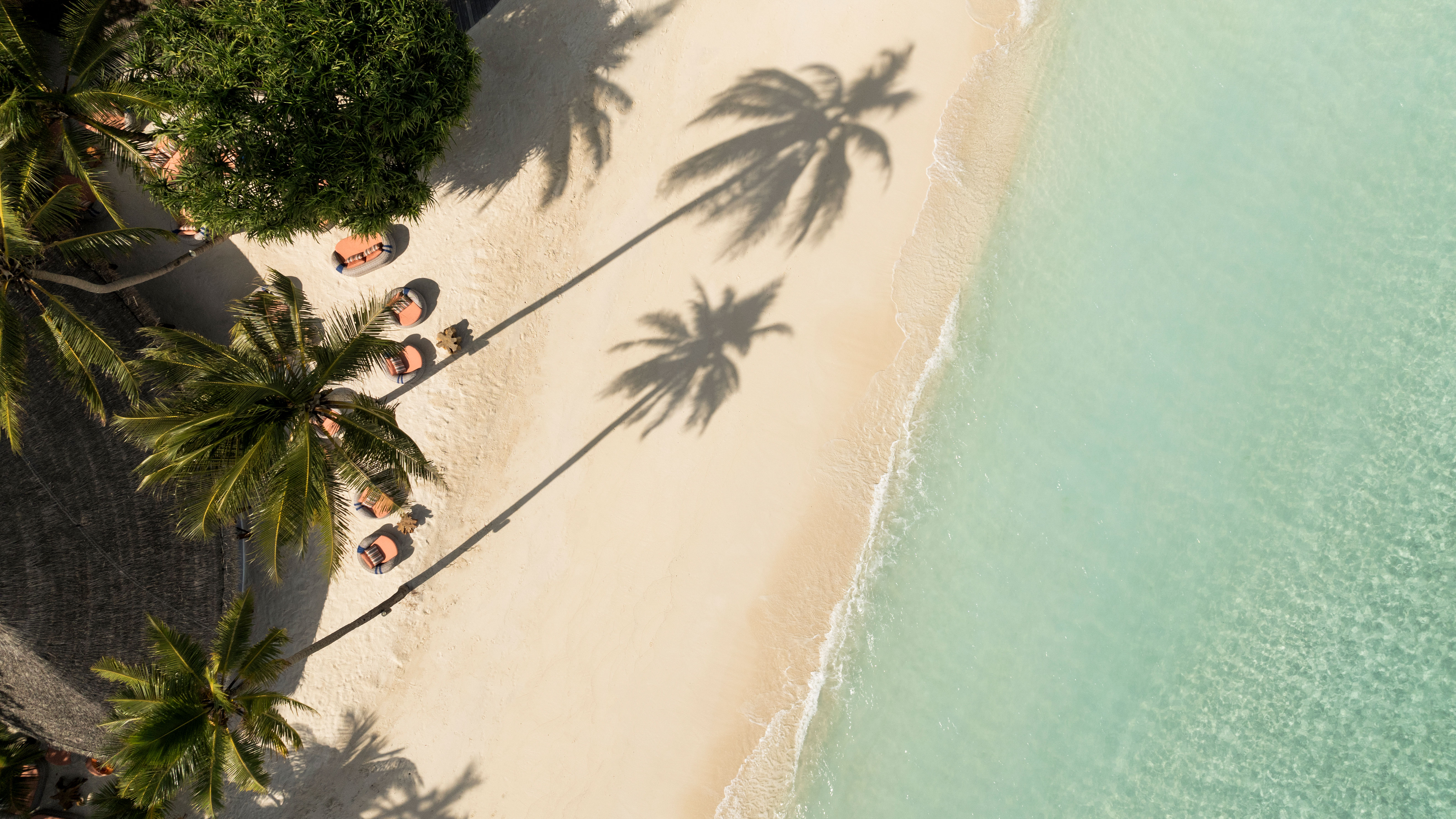 Review: Constance Moofushi and Halaveli – respite in the Maldives
Review: Constance Moofushi and Halaveli – respite in the MaldivesTravel The Constance resorts of Moofushi and Halaveli on two idyllic islands in the Maldives offer two wonderful ways to unwind
-
 Affordable Art Fair: The art fair for beginners
Affordable Art Fair: The art fair for beginnersChris Carter talks to the Affordable Art Fair’s Hugo Barclay about how to start collecting art, the dos and don’ts, and more
-
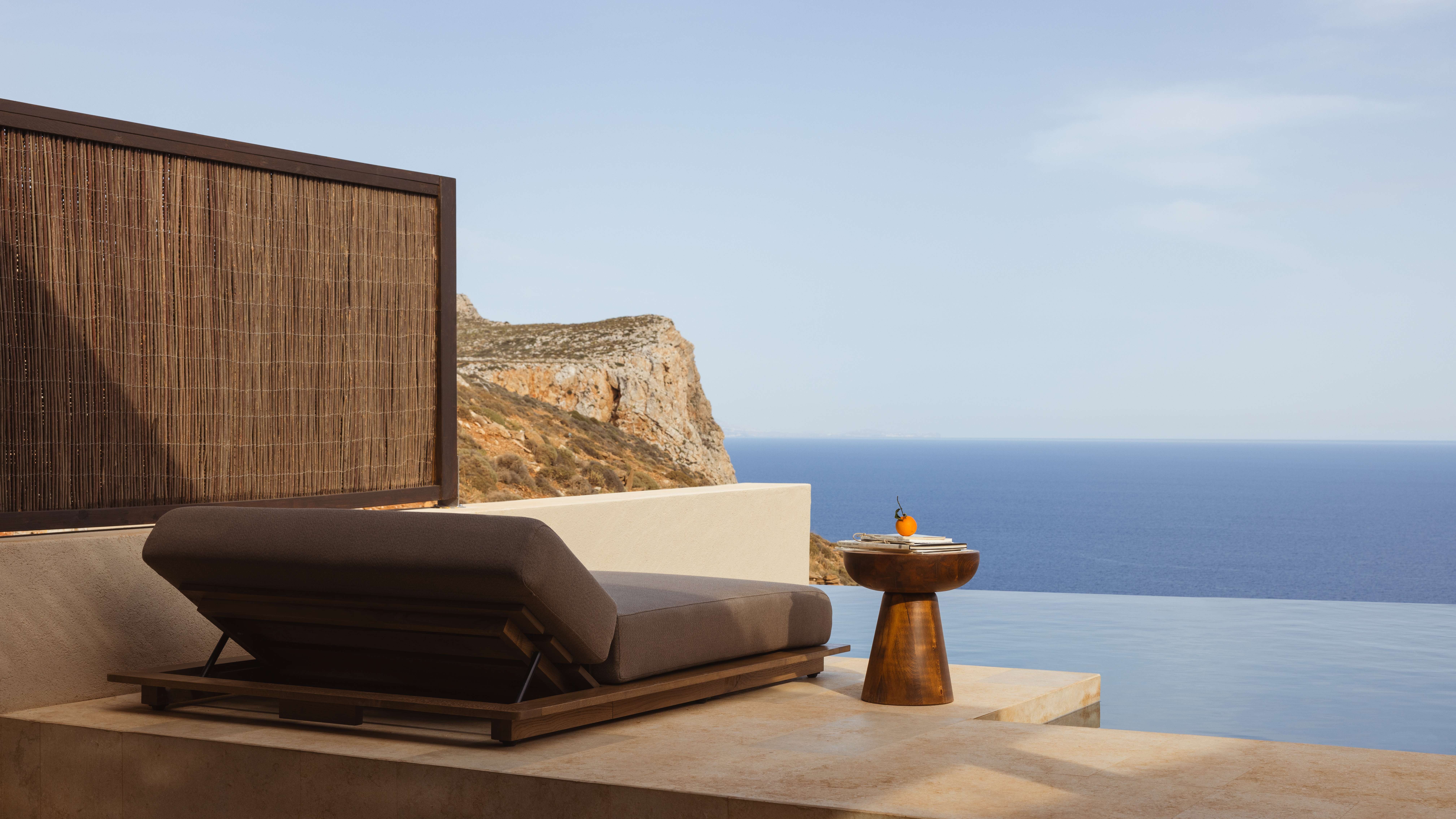 Review: Gundari, a luxury hotel in the Greek island of Folegandros
Review: Gundari, a luxury hotel in the Greek island of FolegandrosNicole García Mérida stayed at Gundari, a luxurious hotel on Folegandros, one of the lesser-known islands in the southern Cyclades in Greece
-
 Fine-art market sees buyers return
Fine-art market sees buyers returnWealthy bidders returned to the fine-art market last summer, amid rising demand from younger buyers. What does this mean for 2026?
-
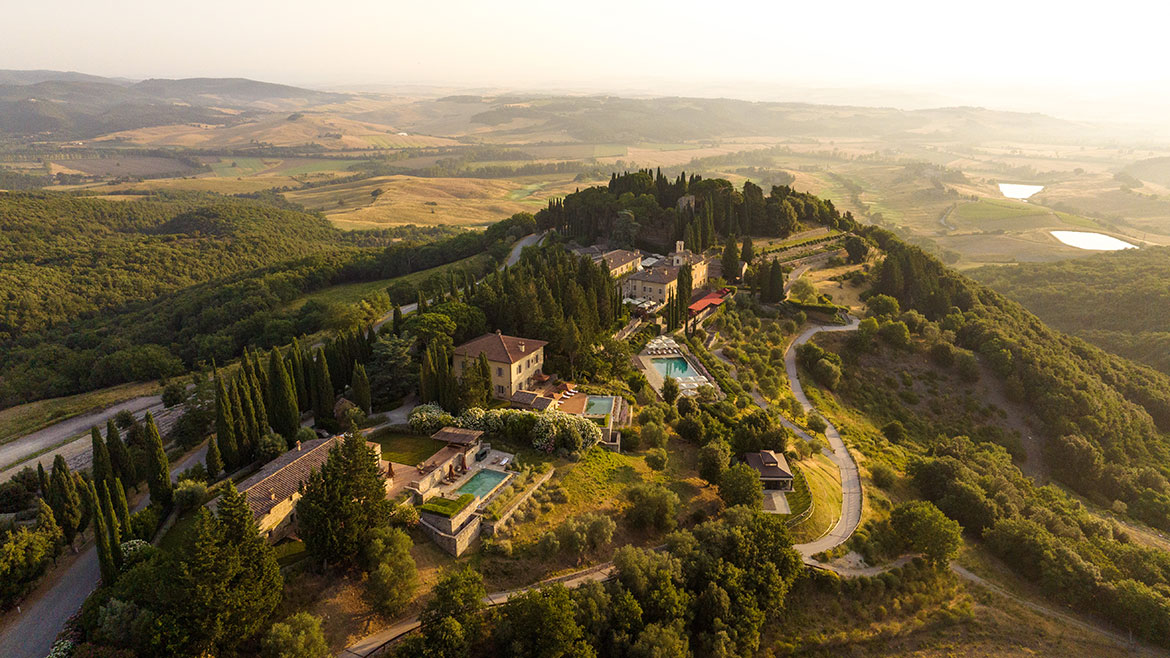 Review: Castiglion del Bosco, A Rosewood Hotel – a Tuscan rural idyll
Review: Castiglion del Bosco, A Rosewood Hotel – a Tuscan rural idyllTravel Play golf, drink exquisite wine and eat good food at Castiglion del Bosco, A Rosewood Hotel, all within the stunning Val d’Orcia National Park in Tuscany
-
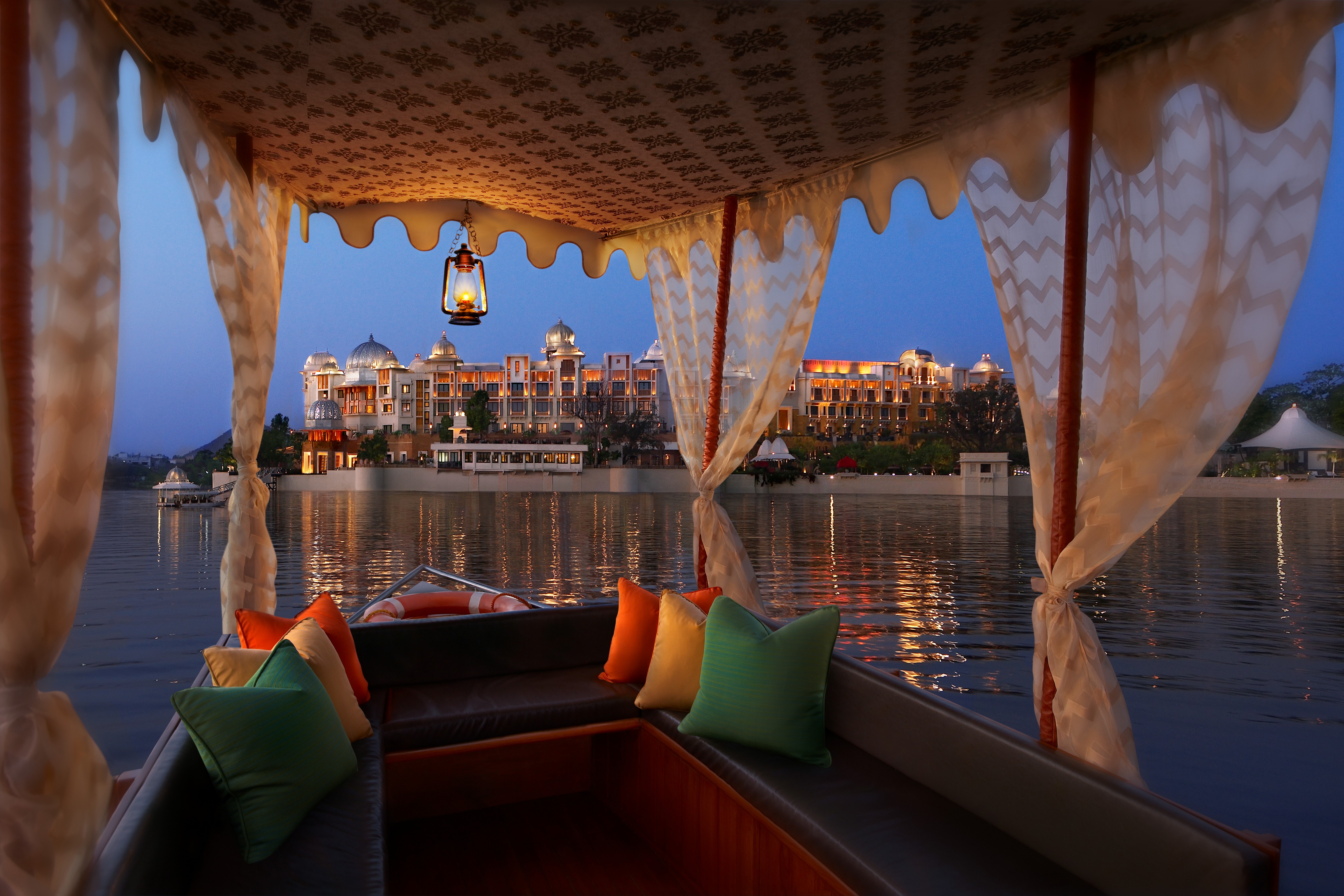 Review: A cultural tour of North India
Review: A cultural tour of North IndiaTravel Jessica Sheldon explores North India's food and art scene from three luxurious Leela Palace hotels in New Delhi, Jaipur and Udaipur
-
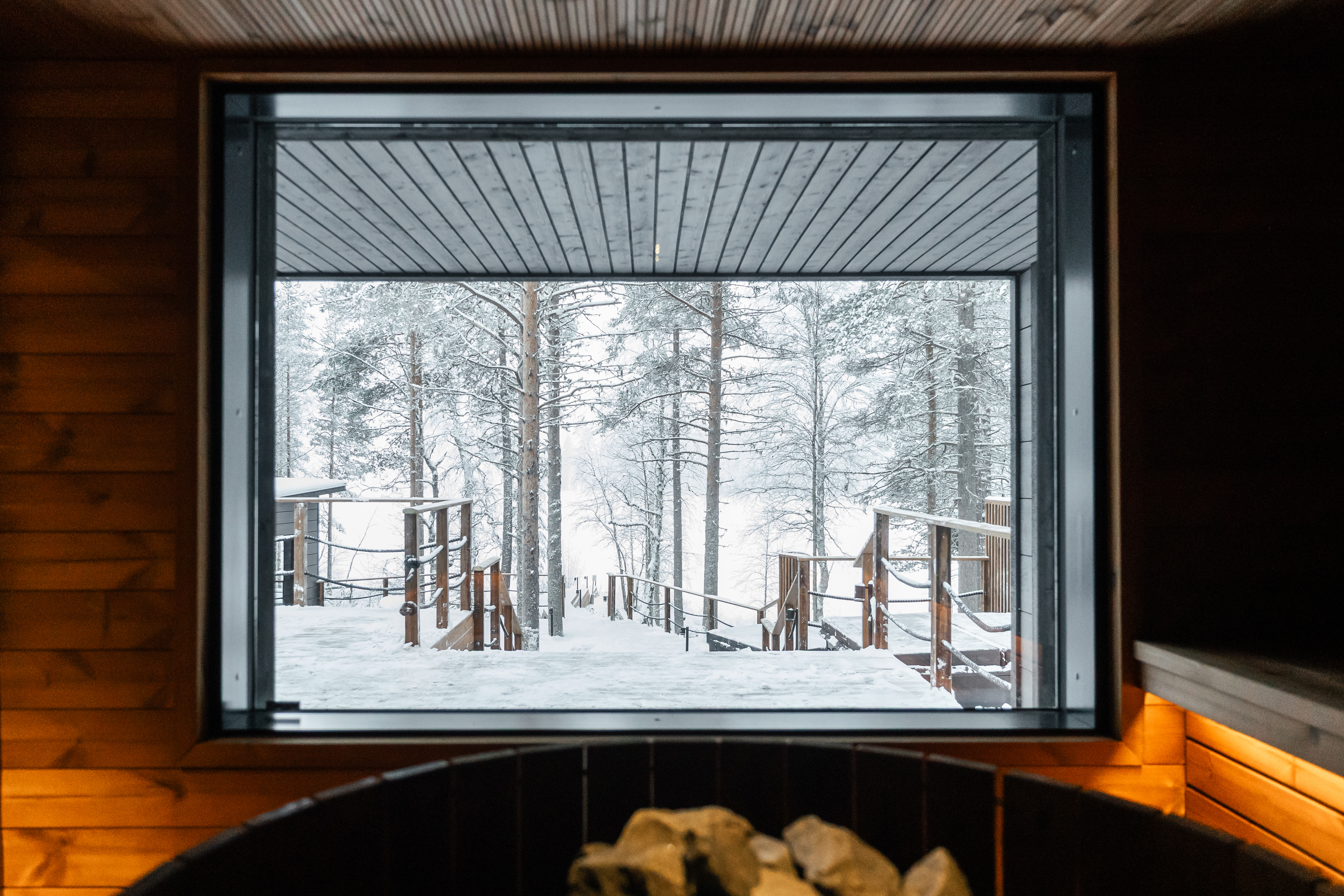 The best luxury saunas, spas and icy plunges
The best luxury saunas, spas and icy plungesRestore your mind and body with luxury fire and ice experiences, from warming saunas to icy plunges